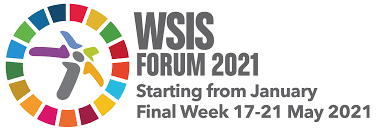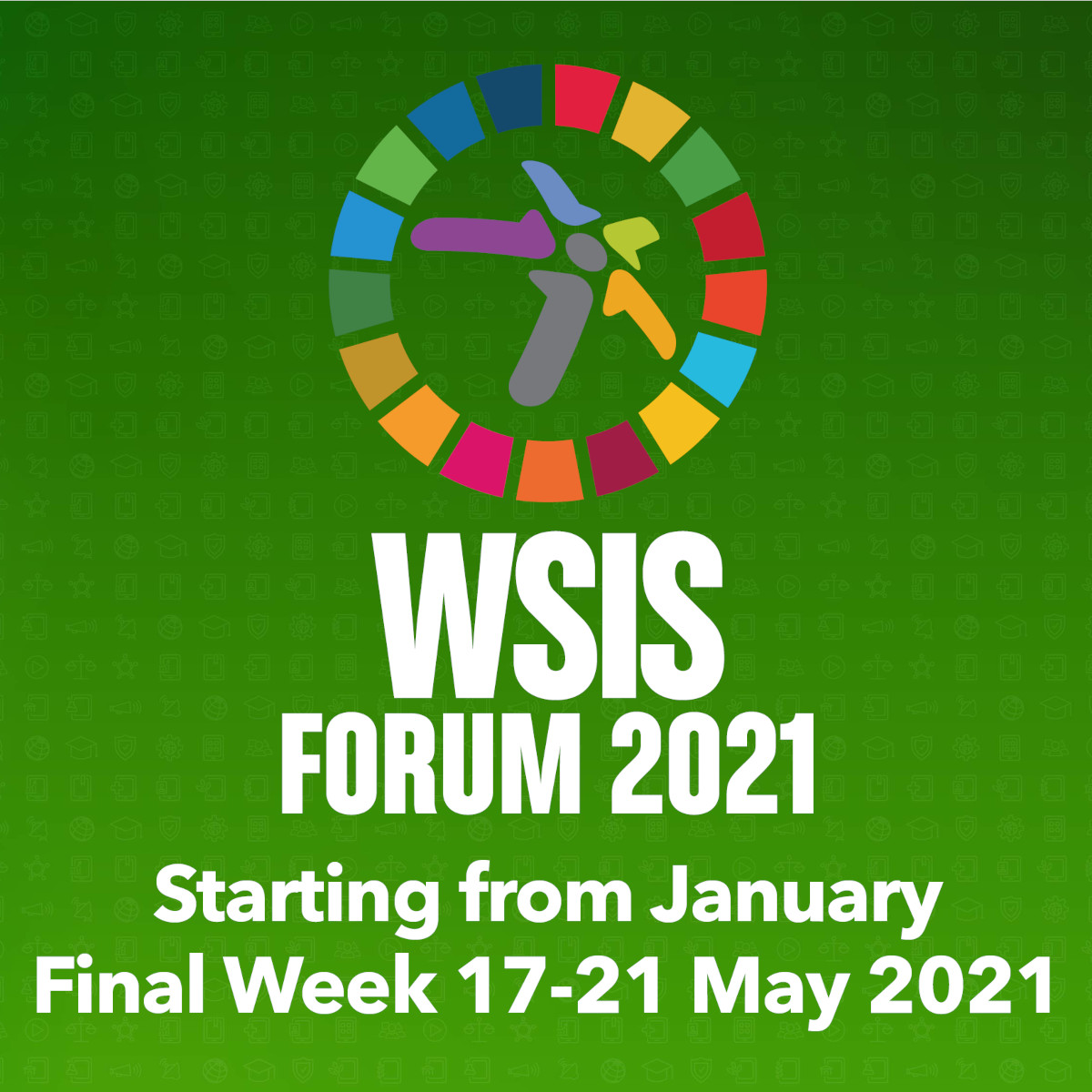AHM Bazlur Rahman- S21BR, Chief Executive Officer of Bangladesh NGOs Network for Radio and Communication (BNNRC) has selected as a speaker of the High-Level Track of High-Level Interactive Policy Sessions for the 6th consecutive term in the UN World Summit on the Information Society Forum (WSIS) Forum 2021 (WSIS+16) on 17-21 May 2021 Geneva, Switzerland.
H.E. Mr. Maxim Parshin,Deputy Minister, Digital Development, Communications and Mass Media of Russian Federation. will perform as Chairman Designate of the UN World Summit on the Information Society (WSIS) Forum (WSIS) 2021.

BNNRC is in Special Consultative Status with the Economic and Social Council (ECOSOC) accredited with World Summit on the Information Society (WSIS), SDGs Media Compact of the United Nations and UN WSIS prize winner 2016, Champion 2017, 2019 & 2020 for media development. https://www.bnnrc.net
BNNRC’s approach to media development is both knowledge-driven and context-sensitive, and it takes into account the challenges and opportunities created by the rapidly changing media environment in Bangladesh including community radio development giving voices for the voiceless in the era of the fourth industrial revolution.
The WSIS Forum 2021 serves as a key forum for discussing the role of ICTs as a means of implementation of the Sustainable Development Goals and targets, with due regard to the global mechanism for follow-up and review of the implementation of the 2030 Agenda for Sustainable Development (UNGA Resolution A/70/1). The WSIS Forum also provides a platform to track the achievements of WSIS Action Lines in collaboration with the UN Agencies involved and provides information and analysis of the implementation of WSIS Action Lines since 2005.
The WSIS Forum 2021 High-Level Track will start on 22 March, with the High-Level Policy sessions. The final week of the Virtual WSIS Forum 2021 will take place on 17-21 May 2021, featuring an opening segment, a Ministerial round table, and High-Level dialogues.
The High-Level Policy sessions will gather High-ranking officials of the WSIS Stakeholder community, representing the Government, Private Sector, Civil Society, Academia and International Organizations. Interactive policy statement sessions will be moderated by High-Level Track Facilitators (HLTFs), nominated and identified by each stakeholder type and will be grouped around different themes identified as important by the WSIS Stakeholders during the open consultation process. The main task of the HLTFs is to capture the vision, identify emerging trends, opportunities and challenges shared by the leaders of their session.
The concluding session of the High-Level Track will take place during the final week of the WSIS Forum 2021. During the concluding session, the WSIS Forum 2021 Chairman will provide an executive summary, giving a platform for all the HLTFs to submit the outcomes of their respective policy session. A publication entitled “WSIS Forum 2021: Policy Statements and Executive Brief” will be issued to encapsulate these outcomes.
The World Summit on the Information Society Forum 2021 represents the world’s largest annual gathering of the ‘ICT for development’ community. The WSIS Forum, co-organized by ITU, UNESCO, UNDP and UNCTAD, in close collaboration with all WSIS Action Line Facilitators/Co-Facilitators, has proven to be an efficient mechanism for coordination of multi- stakeholder implementation activities, information exchange, creation of knowledge, sharing of best practices and continues to provide assistance in developing multi-stakeholder and public/private partnerships to advance development goals. This Forum will provide structured opportunities to network, learn and participate in multi-stakeholder discussions and consultations on WSIS implementation. The Agenda and Programme of the Forum will be built on the basis of the submissions received during the Open Consultation Process.
Furthermore, the 2021 WSIS Forum will provide an opportunity to serve as a platform to track the achievements of WSIS Action Lines in collaboration with the UN Agencies involved and provide information and analyses of the implementation of WSIS Action Lines since 2005.
